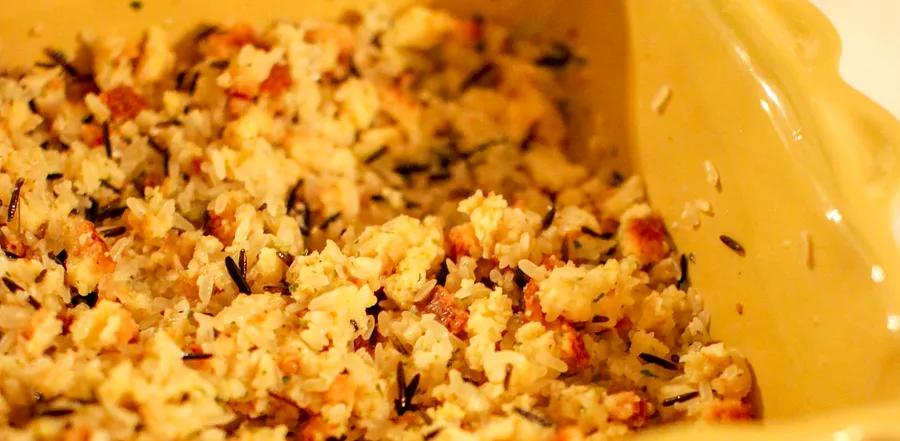What is Throat Coat Tea?

If you've ever needed quick relief from a sore throat, you've likely come across throat coat tea. Performers such as singers, actors, and public speakers often turn to this remedy to ease throat discomfort and preserve their voices. However, anyone struggling with a sore throat or respiratory issues can benefit from a cup of throat coat tea, as its ingredients may also provide additional health benefits.
Keep reading to discover everything you need to know about throat coat tea, including how it works, the pros and cons of its ingredients, and how you can make your own at home if you're unable to find it in stores.
What Is Throat Coat Tea?
"Throat coat tea is a blend of ingredients designed to coat and soothe the throat, easing inflammation," explains Heather Hanks, a nutritionist at USA Rx.
Throat coat tea is essentially a specially crafted blend of ingredients aimed at relieving throat irritation. Most commercially available throat coat teas feature a combination of licorice root and echinacea, though some may include just one or the other.

Throat Coat Tea Ingredients and Their Benefits
While the primary function of throat coat tea is to relieve a sore throat, its ingredients may offer additional health benefits. Here's a rundown of common components in throat coat tea and how they can help:
Echinacea, a flowering plant from the daisy family, is known for its ability to reduce inflammation, fight infections, and enhance immune function. Before antibiotics became widespread, echinacea was commonly used to treat blood poisoning, syphilis, scarlet fever, diphtheria, and malaria. Today, it's mostly used to alleviate cold and flu symptoms like cough, sore throat, and fever.
Lemon is packed with Vitamin C, which plays a crucial role in supporting immune health.
Licorice root, one of the oldest herbal treatments in the world, aids digestion and can help relieve acid reflux and heartburn. Its active compound, glycyrrhizin, has anti-inflammatory and anti-microbial properties, making it effective for easing upper respiratory issues. However, excessive glycyrrhizin intake can be harmful, so moderation is key.
Marshmallow root has been traditionally used to reduce inflammation in the respiratory system. It helps loosen mucus, which contains enzymes and antibodies that can neutralize harmful bacteria. Additionally, marshmallow root serves as a natural pain reliever for sore throats.
Slippery elm contains mucilage, a gel-like substance that helps form a protective lining in the throat and stomach. The FDA has approved it as a botanical treatment for reducing throat irritation and inflammation.
Potential Drawbacks of Throat Coat Tea
While throat coat tea is generally safe, one of its key ingredients can pose serious risks: Glycyrrhizin, found in licorice root, is responsible for the sweet flavor in both black licorice and throat coat tea. However, in excessive amounts, it can lead to harmful side effects, and in extreme cases, even death.
In 2017, the FDA warned that consuming more than two ounces of black licorice daily for two weeks or longer could cause irregular heart rhythms (arrhythmia) in individuals over the age of 40. Glycyrrhizin can also deplete potassium levels, leading to heart problems, congestive heart failure, swelling, fatigue, and high blood pressure.
Glycyrrhizin may also interfere with certain medications, herbs, and supplements. To stay safe, it’s advisable to limit licorice root intake to no more than 100 grams per day, and for no longer than a week at a time, regardless of your age.
Another limitation of throat coat tea is that it's not a cure for serious illness. While it can provide temporary relief for a sore throat, if you're feeling truly unwell, it's best to seek out conventional cold or flu treatments or consult a healthcare professional.
How to Prepare Throat Coat Tea
While you can easily find throat coat tea at most grocery stores, making your own version is simple and a great option, especially if you're concerned about the potential side effects of some ingredients.
To create your own throat coat tea, you can blend your preferred herbs and steep them in hot water, or you can add soothing ingredients like honey or lemon to a regular cup of tea. The warmth of the tea will help alleviate throat discomfort regardless of the specific ingredients.
Recipe: Homemade Throat Coat Tea

1

2

3

4

5
Evaluation :
5/5